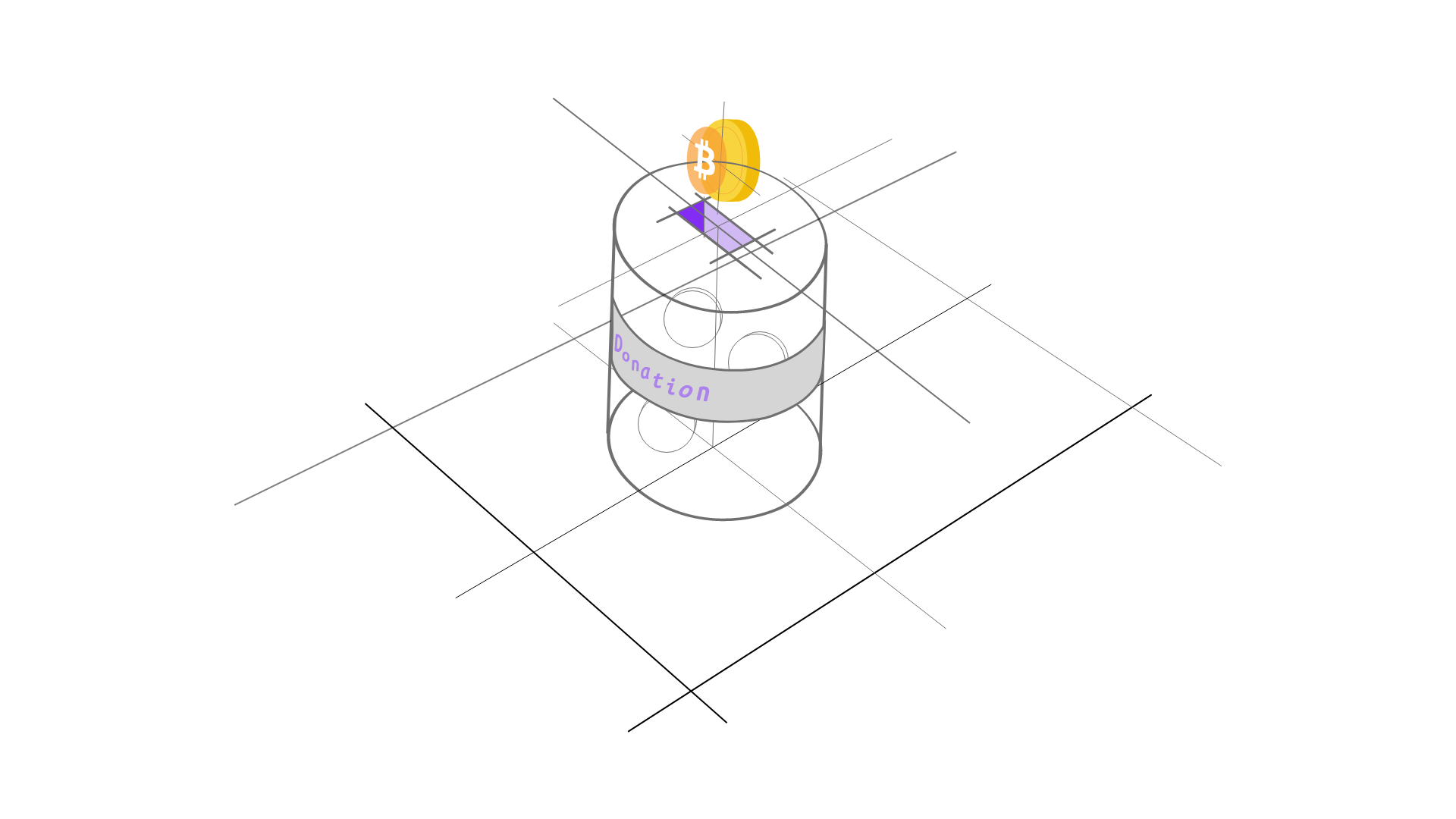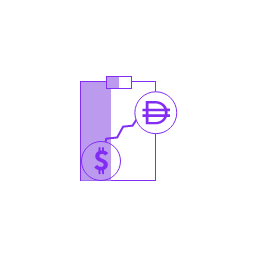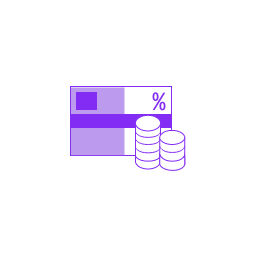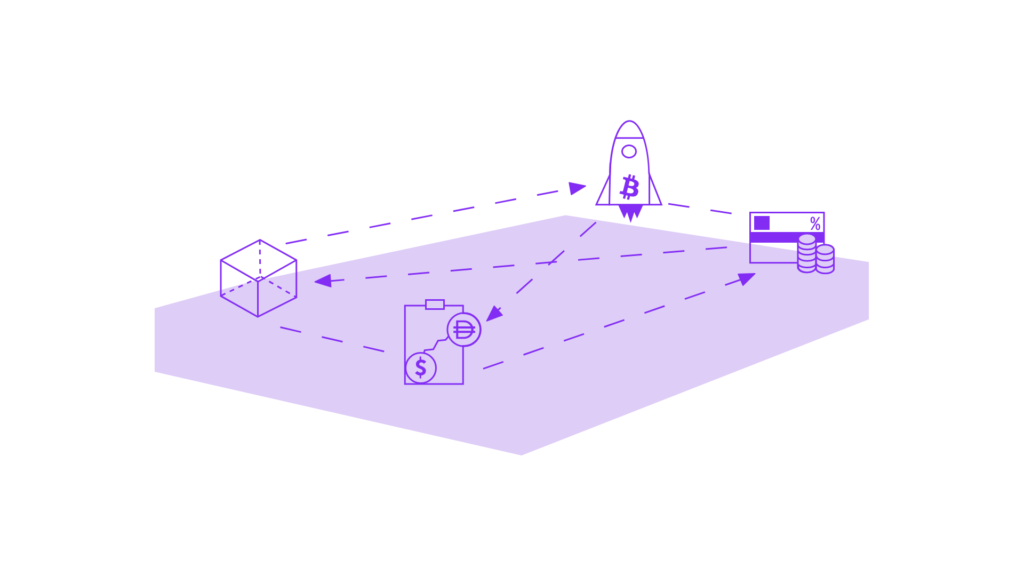Blockchain & Charity

Charities are often faced with problems related to regulatory paperwork, unnecessary expenses, transparency, and trust issues regarding donors’ concerns on how charities use their contributions.
Blockchain has the capacity to help charity organizations by improving overall performance in key areas by creating effective administration structures, increasing donor’s trust, establishing a verifiable giving chain, and facilitating cross-border donations. Blockchain’s ability to decentralize transactions can transform accountability, decision-making, auditing, and is suitable for international transactions.
Benefits of Blockchain for Charity
Crypto-philanthropy promises some notable advantages for charitable organizations concerning transparency, decentralization, and tax or cost abatement. The higher level of transparency and public accountability provided by blockchain technology can ease donors’ minds and encourage them to give while also reinforcing the charity’s reputation for integrity. Furthermore, the automated nature of blockchain technology has the potential to simplify the way charities are managed, automating parts of the process and reducing the overall costs by requiring fewer intermediaries.
Blockchain Use Cases in Charity
 | Traceability and Transparency – Blockchain’s standout feature lies in its ability to provide highly visible and traceable transactions, offering unprecedented transparency in the charity sector. Donors can track precisely how their contributions are utilized, fostering efficiency and ensuring accountability in the charitable process. |
 | Immediate financial support – Blockchain technology facilitates instant donations, ensuring that financial support reaches its intended recipients promptly. This direct transfer bypasses traditional intermediaries like banks, governments, or aid agencies, streamlining the process and delivering assistance more rapidly. |
 | Stable Coin Implementation – Utilizing stable coins within blockchain transactions helps eliminate the volatility often associated with donations. The stability provided by these digital assets ensures that the value of contributions remains consistent, offering a reliable medium for charitable transactions. |
 | Reduction of transfer fees – Blockchain’s efficiency in transferring funds directly to charitable organizations helps reduce transaction fees. Knowing that a significant portion of their funds reaches the intended recipients creates a strong incentive for donors, encouraging increased contributions. |

Have a project in mind?
We have the expertise! Drop us a line and lets talk!